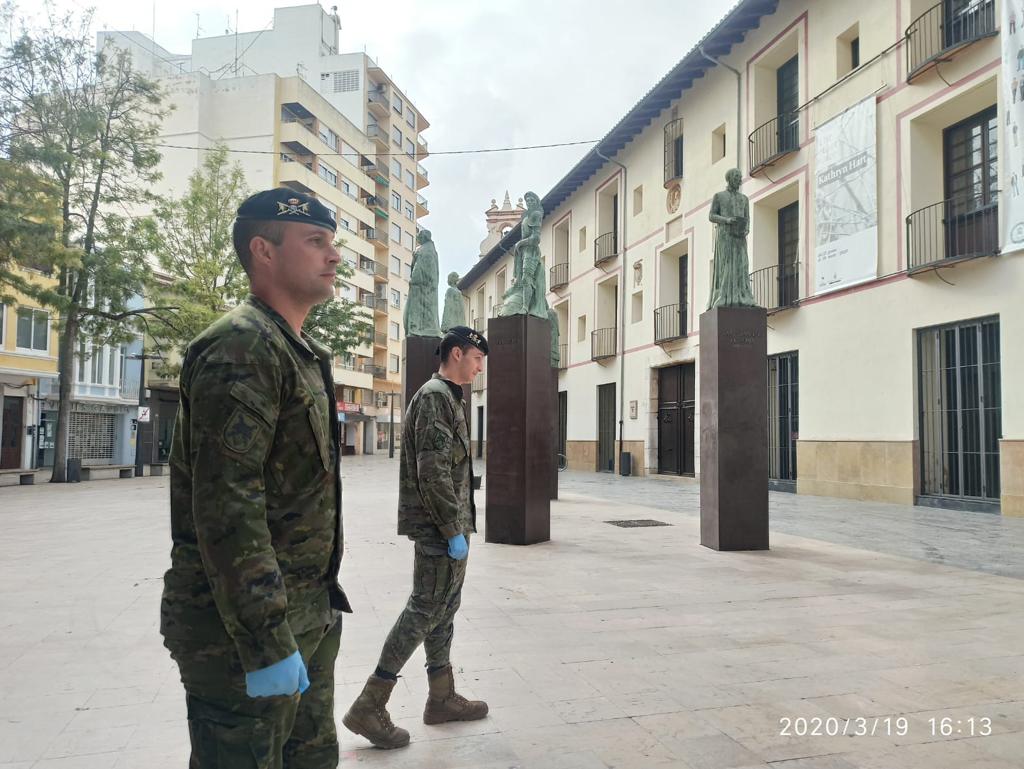THE Royal Decree 463/2020 has immediately locked down the country, limiting the movement of citizens around Spain.
The measures brought in by the government will impact numerous contracts, court cases, tax applications, administrative matters, residency applications, etc.
Here are some of the most important legal implications:
Courts: Court deadlines and cases will be delayed, and specific terms in the procedural laws for all jurisdictional orders are suspended. They will resume as and when the royal decree ceases to be in effect. Any statute of time limitations to bring a case against within the criminal or civil courts will be stayed

Taxes or Administrative Matters: If you have a tax deadline or need to submit a writ in any administrative procedure, do not worry: all deadlines or terms are interrupted until this royal decree ceases to be in effect. It is possible to submit applications on any aspect of administrative law provided the procedures can be done online even if all deadlines are extended
Immigration matters: As above, all deadlines will be interrupted. This includes applying for residency renewals, fingerprint appointments, collection of residency cards, tourist visa deadlines (if someone is in Spain and needs to leave within a specific period, they will not be in violation of Spanish immigration laws) etc
Private contracts: Ongoing private contracts are not dealt with by the Royal Decree; however, the principle of ‘force majeure’ or superior force can and must be applied by parties to a private contract when, in the event of an extraordinary event or circumstance beyond the control of the parties (plague), it prevents one or both parties from fulfilling their obligations under the contract. In practice, most force majeure clauses do not excuse a party’s non-performance entirely, but only suspend it for the duration of the crisis. Our advice here is for parties to renegotiate terms and conditions of the agreement, adapting to the situation and working together and not against each other, with a view to find constructive solutions that suit both parties.
Click here to read more Antonio Flores: Legal Problems News from The Olive Press.








